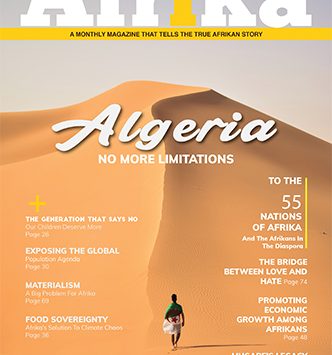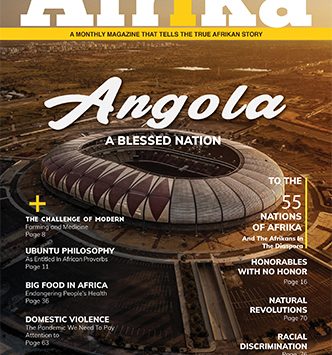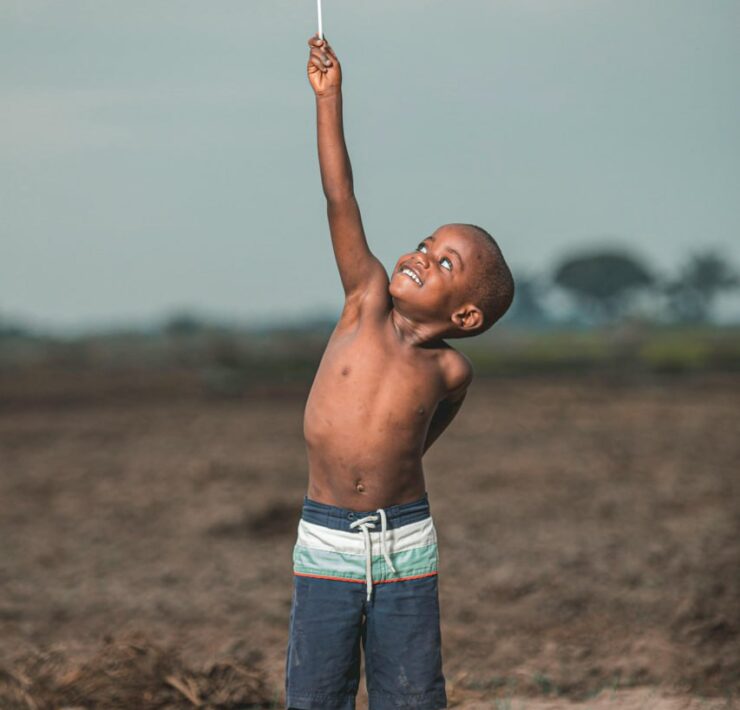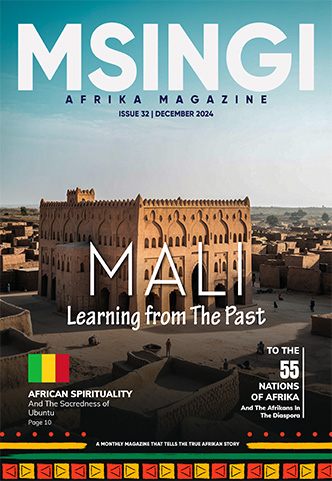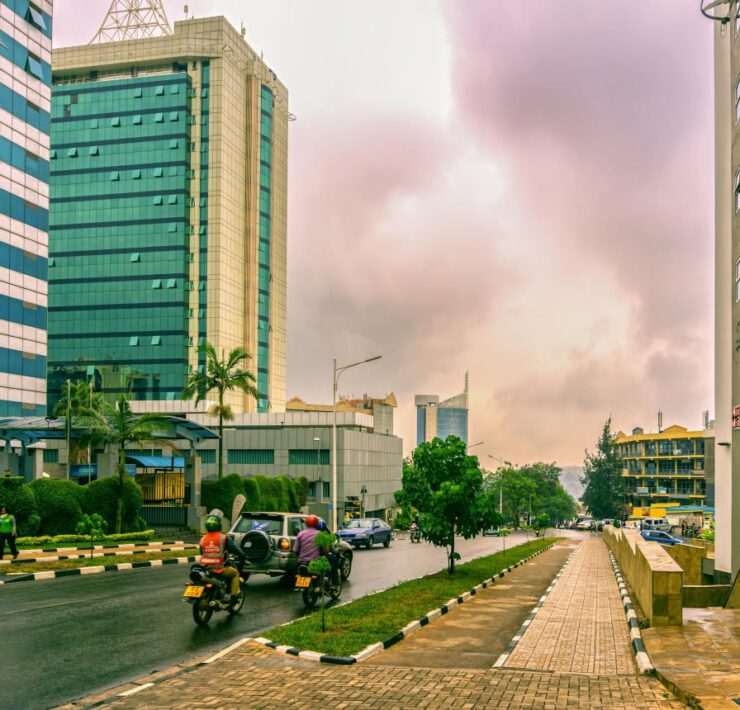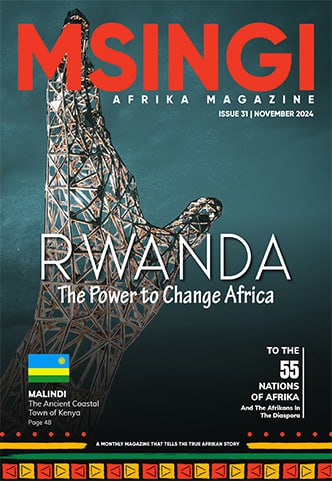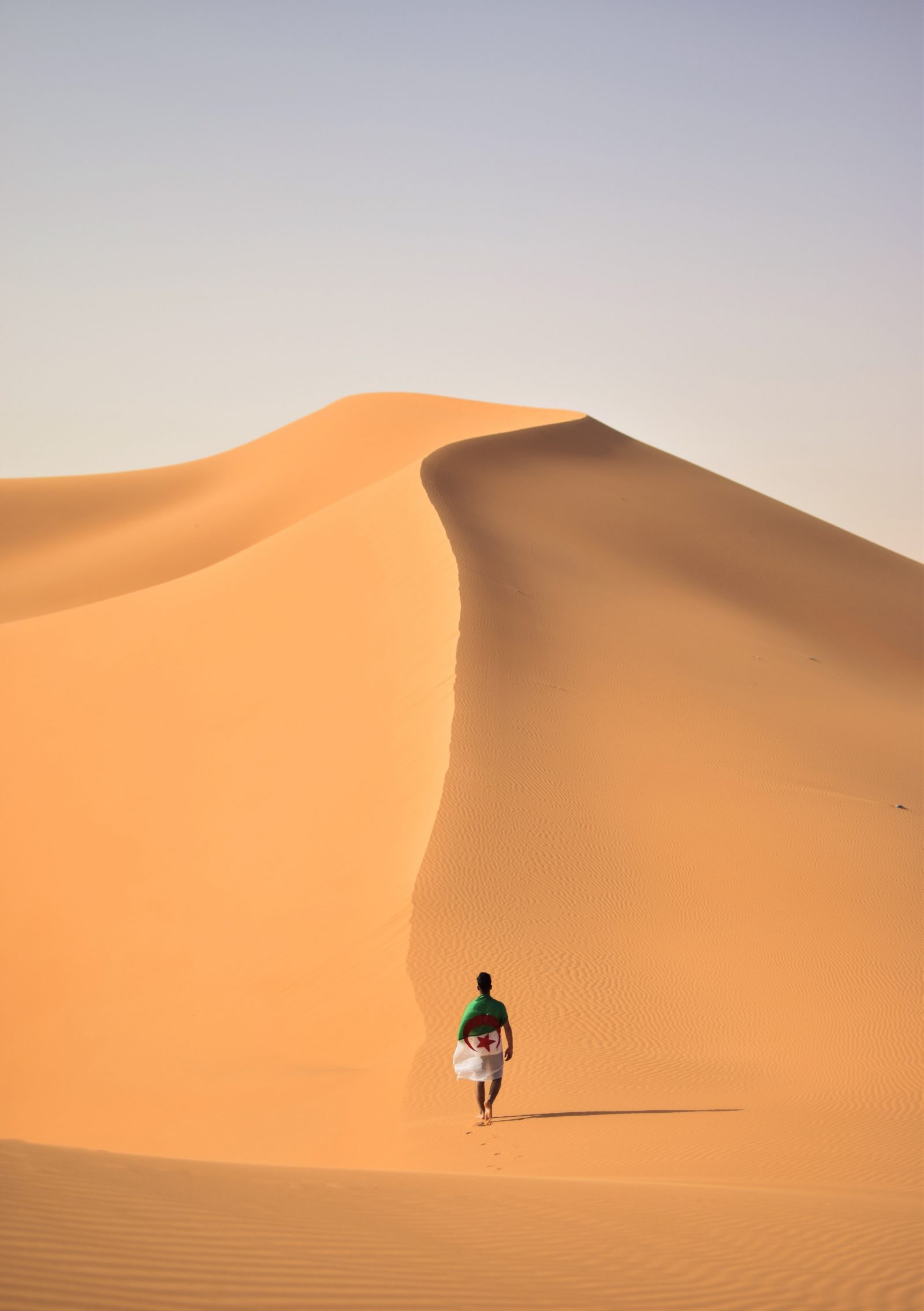
Samuel Phillips is a writer, graphic designer, photographer, songwriter, singer…
Read Next
NO MORE LIMITATIONS
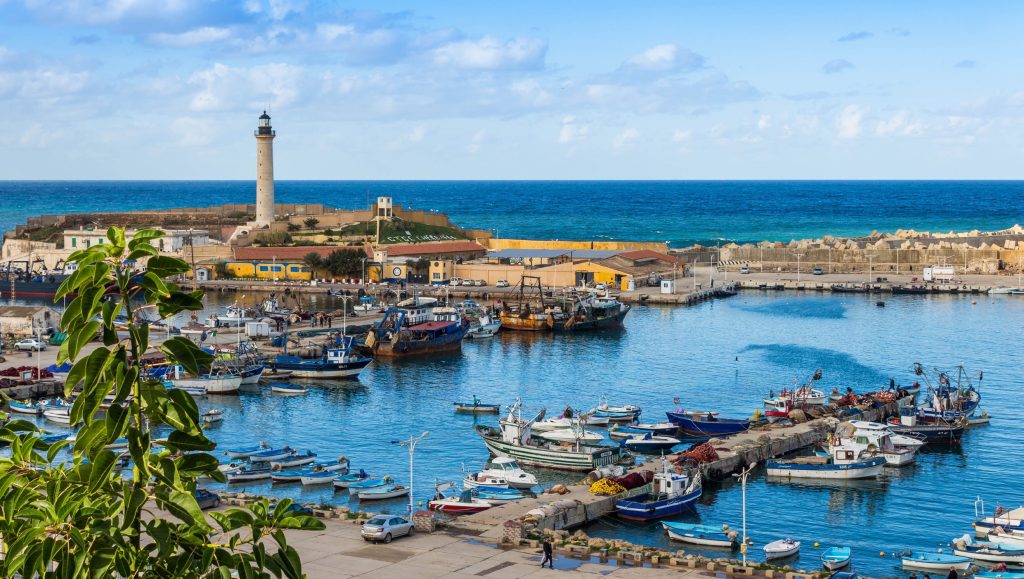 PIN IT
PIN ITAfrika, or Alkebulan, which many of us call home, has gone through lots and lots of setbacks. Her back as the Mother Continent has been used and abused for generations, by those who only see her as their cash cow and not as an entity to be loved, honored and wished well.
She has been badly treated and badly spoken of by both outsiders and insiders whose only agenda is to continue ripping her apart for their selfish agendas. She has been, both deliberately or not, subjected to many years of trauma, pain, leadership failures, and the fleecing of her human and natural resources, all with a generational, mental and ideological cage of limitations set around her. But, like every form, of limitation that men set around others, and like everything that is found under the sun, time and seasons do come to create a new beginning. So, concerning the limitations that have been placed on Afrika, her children and everything she stands for, the time has come for that cage of limitation to break and break it must.
This is much about Algeria as much as it is about the entire 55 nations of Afrika and those of Afrikan descent in the diaspora. NO MORE LIMITATIONS.
About Algeria
Algeria is a large, predominantly Muslim country of North Afrika. From the Mediterranean coast, along which most of its people live, Algeria extends southward deep into the heart of the Sahara, a forbidding desert where Earth’s hottest surface temperatures have been recorded and which constitutes more than four-fifths of the country’s area. The Sahara and its extreme climate dominate the country. The contemporary Algerian novelist Assia Djebar has highlighted the environs, calling her country “a dream of sand.”
History, language, customs, and an Islamic heritage make Algeria an integral part of the Maghreb and the larger Arab world, but the country also has a sizeable Amazigh (Berber) population, with links to that cultural tradition. Once the breadbasket of the Roman Empire, the territory now comprising Algeria was ruled by various Arab-Amazigh dynasties from the 8th through the 16th century, when it became part of the Ottoman Empire. The decline of the Ottomans was followed by a brief period of independence that ended when France launched a war of conquest in 1830.
By 1847 the French had largely suppressed Algerian resistance to the invasion and the following year made Algeria a département of France. French colonists modernized Algeria’s agricultural and commercial economy but lived apart from the Algerian majority, enjoying social and economic privileges extended to few non-Europeans. Ethnic resentment, fueled by revolutionary politics introduced by Algerians who had lived and studied in France, led to a widespread nationalist movement in the mid-20th century. A war of independence ensued between 1954–62.
Algeria is bounded to the east by Tunisia and Libya; to the south by Niger, Mali, and Mauritania; to the west by Morocco and Western Sahara; and to the north by the Mediterranean Sea. It is a vast country—the largest in Afrika and the 10th largest in the world—that may be divided into two distinct geographic regions. The northernmost, generally known as the Tell, is subject to the moderating influences of the Mediterranean and consists largely of the Atlas Mountains, which separate the coastal plains from the second region in the south. This southern region, almost entirely desert, forms the majority of the country’s territory and is situated in the western portion of the Sahara, which stretches across North Africa.
(Source: Britannica.com)
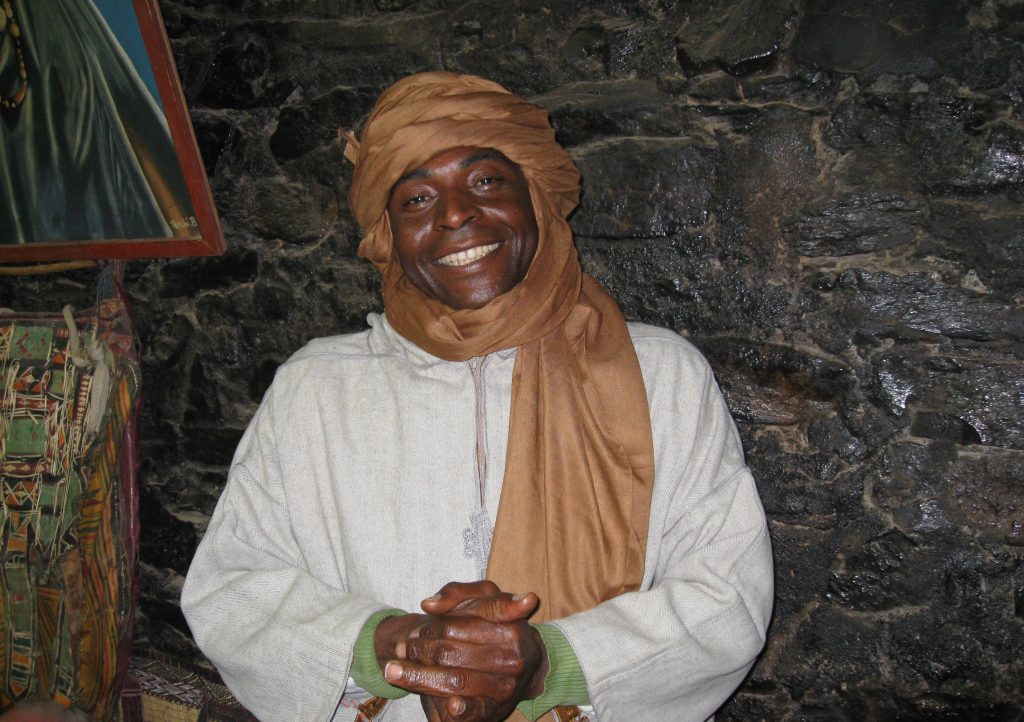 PIN IT
PIN ITAfrika: no more limitations
The natural landscape situation in Algeria, in which four-fifths of the entire Algerian landmass is found deep in the desert with extreme temperatures that discourages habitations and even farming, in a way, illustrates the picture of the entire Afrika.
Afrika has the largest accumulation of natural resources in the world but just a fraction of that wealth is in her hands or in the hands of Afrikans themselves, while the larger portion is either stolen or mismanaged by those who think Afrika is their scrapyard. Nothing else shows the picture of LIMITATION than this. Nothing else.
Stop allowing life to happen to you
Most times, at Msingi Afrika Magazine, we do wish we could just wave our hands and the many unfair situations in Afrika would just go away. If that was possible, we could have done that a long time ago. But it’s not.
But one thing I know I can do even as I get involved in many other things to help Afrika rise to her true self, is to pray for the nations of Afrika.
Limitations are now just stoppers that others put in the way of our progress, but most often, limitations are the way of progress that we as individuals refuse to walk in. The mental limitations that make us think that without the permission of the some white or black elites, we can’t move our feet, spiritual limitations that makes us depend on “spiritual”men for connection to God, physical limitations that mostly are caused by unnecessary boundaries and even diseases and sickness of the body and the other many kinds of limitations we allow in our lives.
But the thing is, no man can stop or limit someone who is made up in their minds to walk the pathway of their purpose. For a time or season, the limitations others put around us may work, but that definitely has an expiry date attached to it.
We all are faced with things and people that try to be the drivers of our lives. They think they are the only ones with the mental capacity to take our lives towards the “place meant for us”. But my advice is this, stop allowing life to happen to you. Create your own life’s reality and outcomes. Most things that happen daily to many are just the outcomes of other people’s position, agenda, actions, thoughts and even will. Life must not be reactionary but actionary. Afrikans, for decades, have been living as reactors to other people’s will but we need to create our own reality and narrative and live by them. Enough of the struggles and the madness called third world nations. We must stop giving strength to the will and dramas that others create for us and which are not for our good and start to deliberately create and live by that which works for our destinies and purposes on earth.
Prayer for Algeria
So I pray for you beautiful nation of Algeria and the Algerian people, even as I extend the same prayers and good thoughts to every part of Afrika and Afrikans in the diaspora. You were not made with limitations in your DNA, neither was your destiny that of perpetual dryness and lack. So, I pray that you arise into the fullness of what your destiny and purpose in the Creator entails and begin to break every limitation in your mind, your path, choices and in your decisions going forward. I ask that the mercy of the Almighty will find you and make you stand right above every form of limitation and barrier that has kept you behind in the wheel of progress.
May the good Lord bless you Algeria and Motherland Afrika.
Subscribe now for updates from Msingi Afrika Magazine!
Receive notifications about new issues, products and offers.
What's Your Reaction?
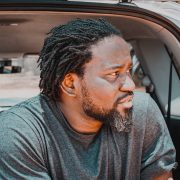 PIN IT
PIN ITSamuel Phillips is a writer, graphic designer, photographer, songwriter, singer and a lover of God. As an Afrikan content creator, he is passionate about creating a better image and positive narrative about Afrika and Afrikans. He is a true Afrikan who believes that the true potential of Afrika and Afrikans can manifest through God and accurate collaborations between Afrikans. Afrika is the land of kings, emperors, original wisdom, ancient civilizations, great men and women and not some road-side-aid-begging poor third world continent that the world finds joy in undermining.














